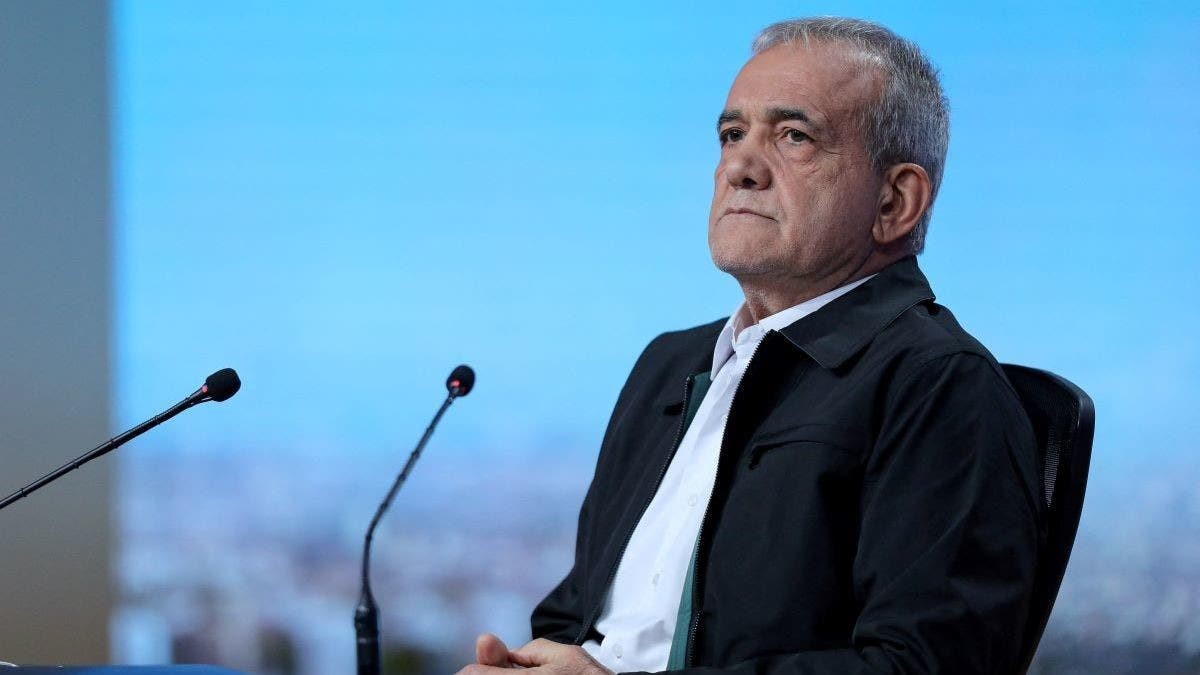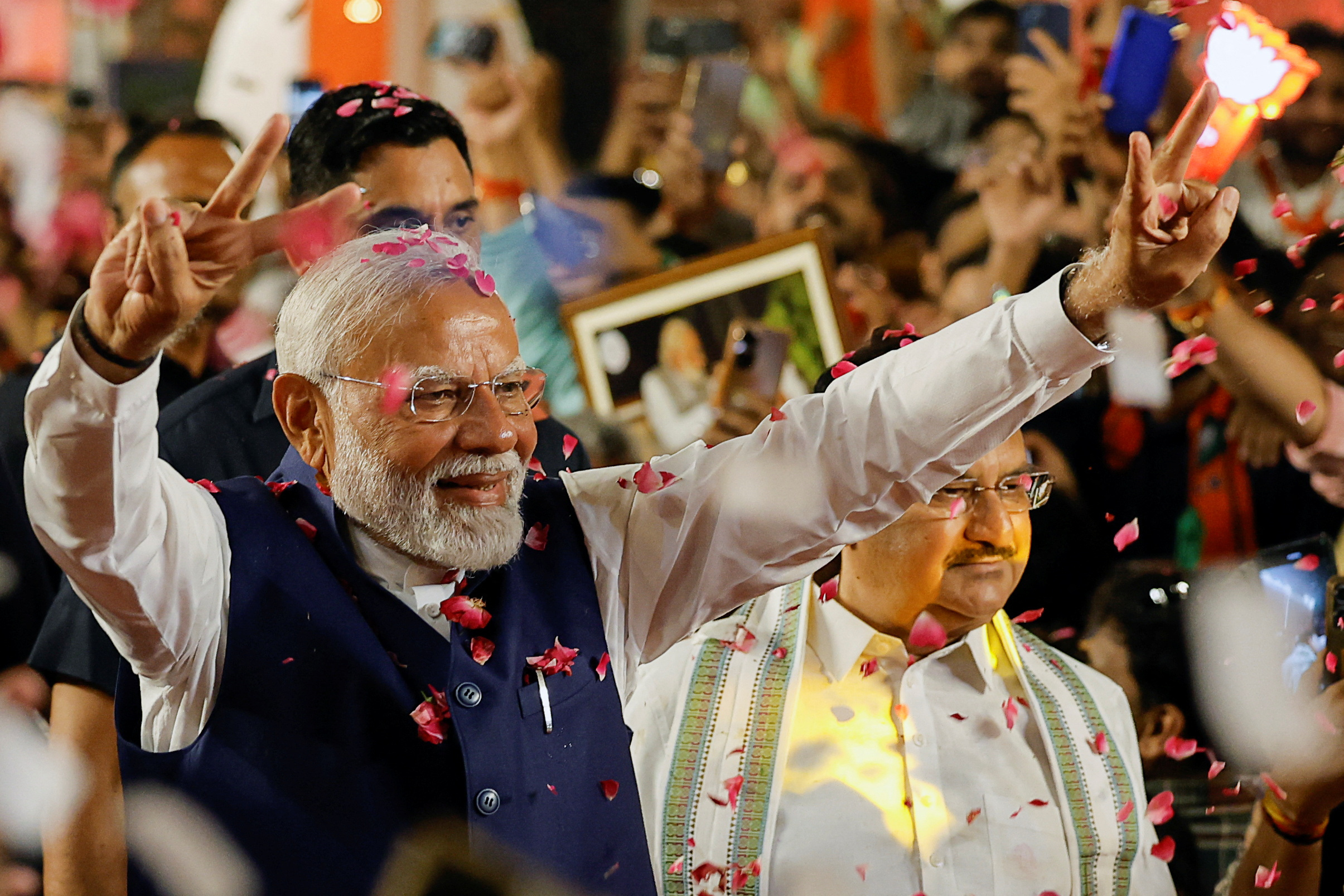Kazakhstan is a country located in Central Asia. It operates as a presidential republic. Here is some information about the election system in Kazakhstan:
- Presidential Elections: The President of Kazakhstan is the head of state and the highest position in the country. The President is elected by popular vote and serves as both the head of state and the head of government. The presidential elections occur every seven years, and candidates must be at least 40 years old and have resided in Kazakhstan for the previous 15 years.
- Parliament: The Parliament of Kazakhstan is the country’s legislative body and is bicameral, consisting of two chambers: the Majilis and the Senate.
- Majilis: The Majilis is the lower house of Parliament and has 107 seats. Members of the Majilis are elected through a proportional representation system, where political parties submit lists of candidates. The seats are then allocated based on the percentage of votes each party receives.
- Senate: The Senate is the upper house of Parliament and has 47 seats. Senators are not elected directly by the public but are chosen through a system of indirect elections. Some senators are appointed by the President, while others are elected by local representative bodies.
- Political Parties: Kazakhstan has a dominant party system, with the Nur Otan party holding a majority of the seats in the Parliament. Other political parties that have participated in elections include the Ak Zhol Democratic Party and the Communist People’s Party of Kazakhstan, among others.
- Central Election Commission (CEC): The CEC is an independent body responsible for organizing and overseeing elections in Kazakhstan. It ensures the transparency and fairness of the electoral process, including voter registration, candidate nominations, and the counting of votes.
- Voter Eligibility: Kazakhstani citizens who are at least 18 years old have the right to vote in elections. Voter registration is required, and citizens must be included in the voter list to participate. Eligible voters can cast their ballots at designated polling stations.
It is important to note that Kazakhstan’s political landscape has been dominated by the ruling party, and the country has been criticized for limitations on political freedoms and the level of competition in elections.



